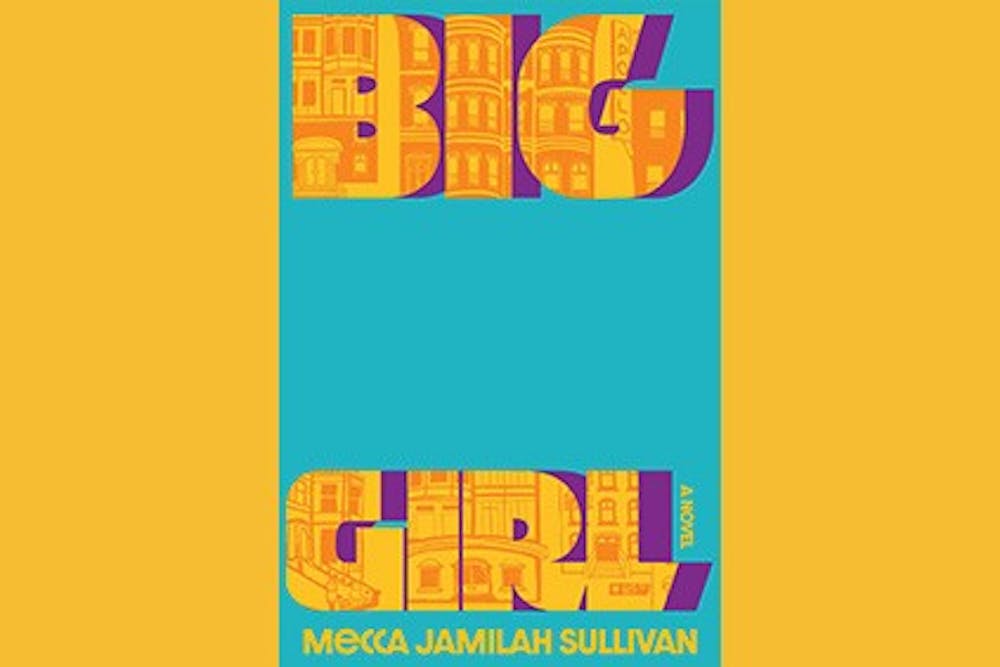
Kelly Writers House, the Center for Africana Studies, and the Gender, Sexuality, and Women’s studies program jointly hosted a reading of Penn graduate Mecca Jamilah Sullivan's debut novel "Big Girl."
This past Tuesday at Kelly Writers House, Sullivan read two excerpts from her new novel, focusing on the central themes of race, self-image, femininity, class, and sexuality. She explores these themes through the lens of the protagonist, Malaya — a young Black girl learning to come to terms with her self-image as she navigates adolescence.
At the reading, Sullivan discussed the ways in which music, specifically hip-hop, impacted her life and the creation of the novel. A little over thirty Penn students and Philadelphia community members attended the event to hear the reading and learn from Sullivan’s writing process.
“Hip hop has been crucial for me. It represents selfhood, identity, and the neighborhood around her [Malaya],” Sullivan said.
In response to an audience member's question, Sullivan explained the process she used to create sensory details in the novel, and how she incorporated the “sounds of food."
She also spoke about the dynamic between Malaya and her mother and grandmother, and how these relationships connect to the idea of generational femininity and self-image.
Sullivan said that she viewed “understanding femininity as something to explore." She emphasized how important it was for her to write about the mother-daughter relationship, as the idea of body image and self-worth can be passed down through the generations, a theme in "Big Girl."
The event took place in the main living room of Kelly Writers House, a space Sullivan said has deep meaning for her, as she received her Ph.D. in English Literature from Penn in 2012. As a student, she said, she values being in a space “dedicated to writing and creative writing."
The New York Times picked Big Girl as their Editor’s Choice of the week. The review of the novel on the site credited Sullivan for her ability to write about Black femininity.
“Still, “Big Girl” triumphs as a love letter to the Black girls who are forced to enter womanhood too early,” the New York Times wrote in their review.
The Daily Pennsylvanian is an independent, student-run newspaper. Please consider making a donation to support the coverage that shapes the University. Your generosity ensures a future of strong journalism at Penn.
Donate







